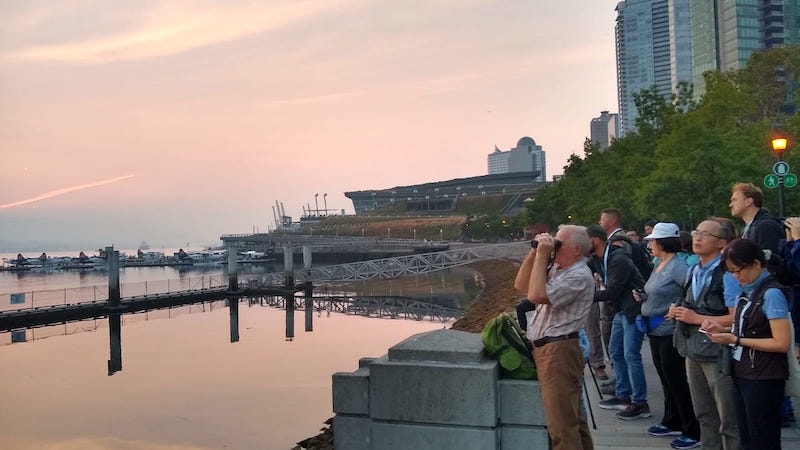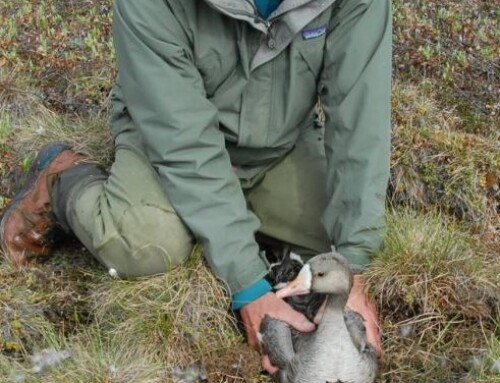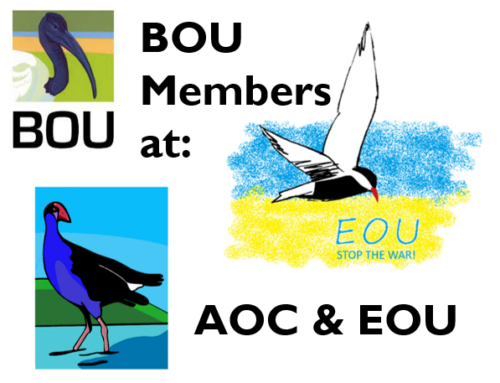
A great platform for the exchange and discussion of ideas
I find conferences difficult, mostly because my research interests tend to lie at the periphery of the scope of most conferences I attend. This year’s International Ornithological Congress (IOCongress2018) was a bit different. The sheer size of this meeting (though a little daunting) meant that there was a huge array of areas covered, but with a large amount of inter-disciplinary cross over and opportunity to bring people in those margins, like myself, together.
There was such a broad array of plenaries and symposia it meant you met people with a wide variety of overlapping interests. For instance, two of my favourite sessions were the symposia organised by Kyle Elliot (@ArcticEcology), Jérôme Fort and David Grémillet on ‘Avian Energetics in a Changing World’ and ‘How Does Movement Influence Immunity and Infection?’ organised by Silke Bauer (@silke_bauer) and Bethany Hoye. Despite being far removed from one another there were a lot of elements connecting these seemingly disparate topics.
The huge breadth and scope of research talks and posters help you see where your research fits in to the bigger picture as well as provoking some new thoughts about possible future research avenues. For instance, one of the stand out ECR talks for me was by Martina Müller (@martina_muller9) talking on the use of heart rate monitoring to reveal autonomic phenotypes in Streaked Shearwaters (Calonectris leucomelas), something I had never considered before but prompted a huge amount of questions and possibilities in my own studies.
My own presentation was about the costs of parasitism to a wild population of European Shags (Phalacrocorax aristotelis) and the consequences of this on individual breeding success. This gave me a great opportunity to not only present my published work from my PhD to an international audience, but also allowed me to get feedback on some newer work I showed giving me some really useful insights and questions to consider in this and future work.

For an ECR like myself it can be difficult to meet new people or network at such huge international conferences. So it was an added bonus having a large BOU presence; as well as seeing a lot of friendly faces it provided a much more extended network of people to meet. The BOU, along with the rest of the Twitter savvy delegates, did an excellent job of tweeting throughout the conference giving the research being presented a much larger platform.
The IOC added to this by integrating the science from the congress with a passion for ornithology in general, through the association of the congress with the Vancouver International Bird Festival. This added to the atmosphere, as well as importantly communicating much of the conservation science to the general public. It also reminded us of our responsibility as scientists to not only answer important ecological questions but really communicate our research to the public.
Blog posts express the views of the individual author(s) and not those of the BOU.
If you want to write about your research in #theBOUblog, then please see here.




